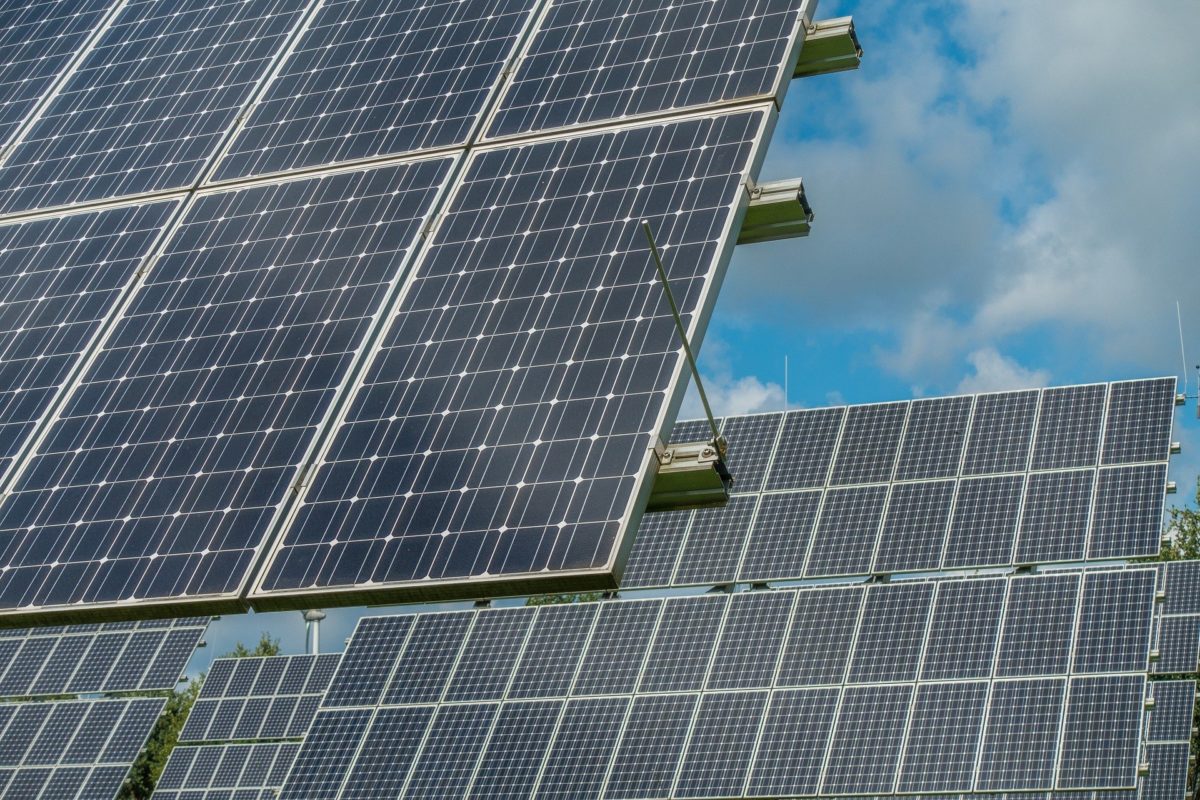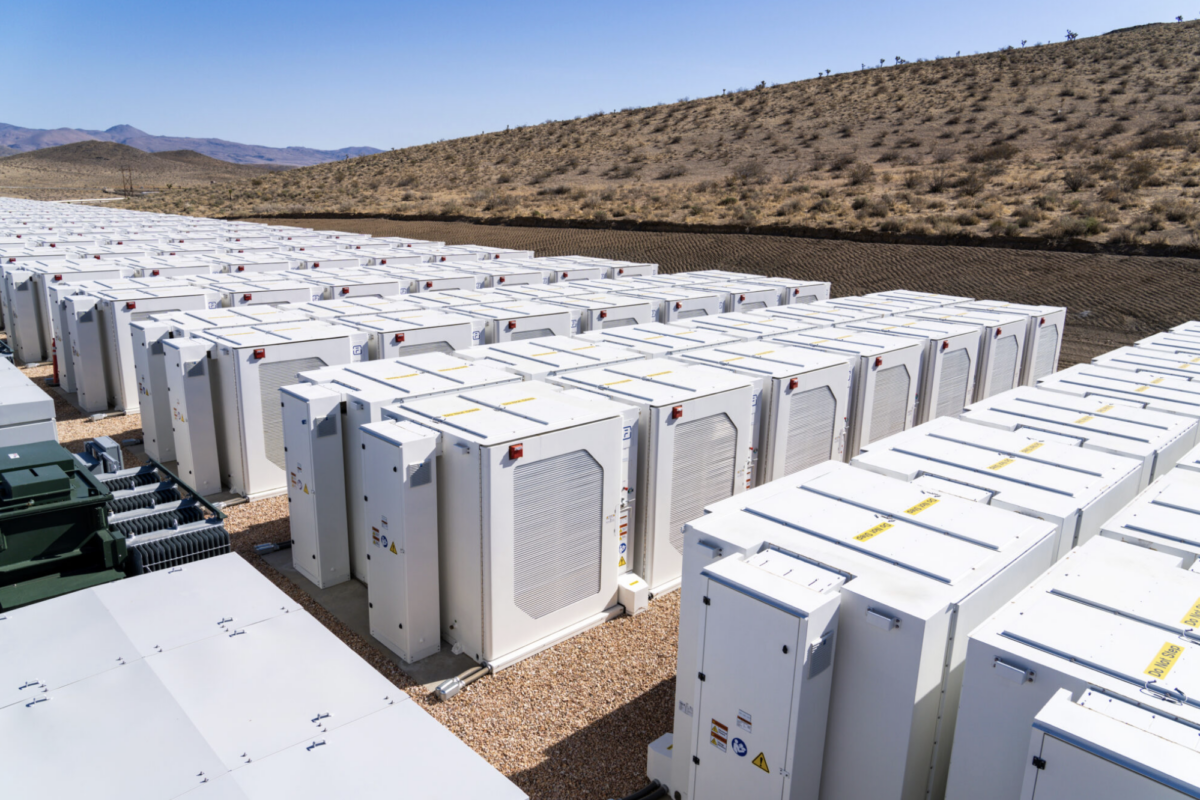“Solar power generation is the way of the future,” said Julius Chan, the governor of Papua New Guinea's New Ireland province. “With the energy of the sun being in constant supply you can’t go wrong. Once the power plants are up the only expenses we’ll be paying for are operational and maintenance costs. We won’t be paying for fuel. In the long run we will be saving a lot of money.”
Chan said that three ground-mounted solar plants with a combined capacity of 2.5 MW will be built in the towns of Konos and Namatanai and Kavieng, the provincial capital. The three plants will be constructed by Australia-based Zenith Ltd., which will operate the projects for a period of five years, after which the facilities will be handed over to a newly created state-run company, Nisolar.
Electricity shortages
According to a statement by the government of New Ireland, Zenith will install 2 MW in Kavieng, 0.4 MW in Namatanai, and 0.11 MW in Konos on an invest, build, operate, and transfer arrangement, under a five-year contract. It did not say whether the projects would include battery storage systems.
Chan said the new projects will alleviate power supply issues associated with the island's utility, PNG Power. He said the company should simply focus on being the regulator and purchaser of power instead of being an operator and distributor, while leaving operational concerns to independent power producers.
“New Ireland is now showing the rest of the country how we should be dealing with the management of Power distribution in the country,” he added.
Off-grid solar lighting
The country had only installed 1 MW of solar by the end of 2018, according to the International Renewable Energy Agency (IRENA), despite its urgent need for more electricity. In a recent report on renewables in the islands of the South Pacific, IRENA said PV has spread gradually over to Papua New Guinea over the past 30 years, with private suppliers selling small, independent solar systems to provide basic lighting and support communications services.
In August, International Finance Corp. revealed that off-grid solar products have become popular in Papua New Guinea, with 60% of households now using solar lighting units, compared to just 2% seven years ago. John Vivian, IFC’s resident representative in Papua New Guinea, noted at the time that “solar lighting has now effectively replaced kerosene lamps in homes, which is good for people and the environment.”
This content is protected by copyright and may not be reused. If you want to cooperate with us and would like to reuse some of our content, please contact: editors@pv-magazine.com.




I’m a small contractor interested in pv solar as installer and I like to know how is the chance of my company to grow in a solar industry and what is needed for my company to be a qualified installer. I’m from South Africa.
Your respond will be highly appreciated.
Thank you.